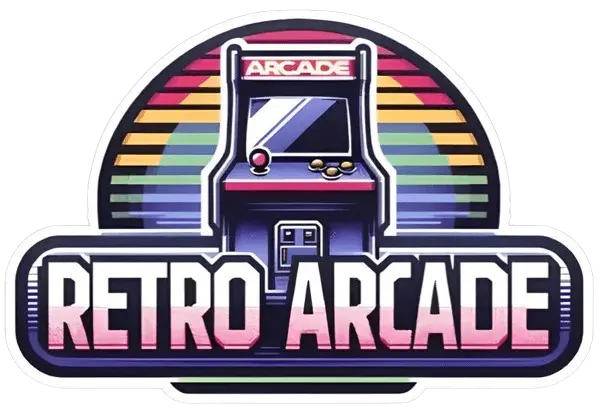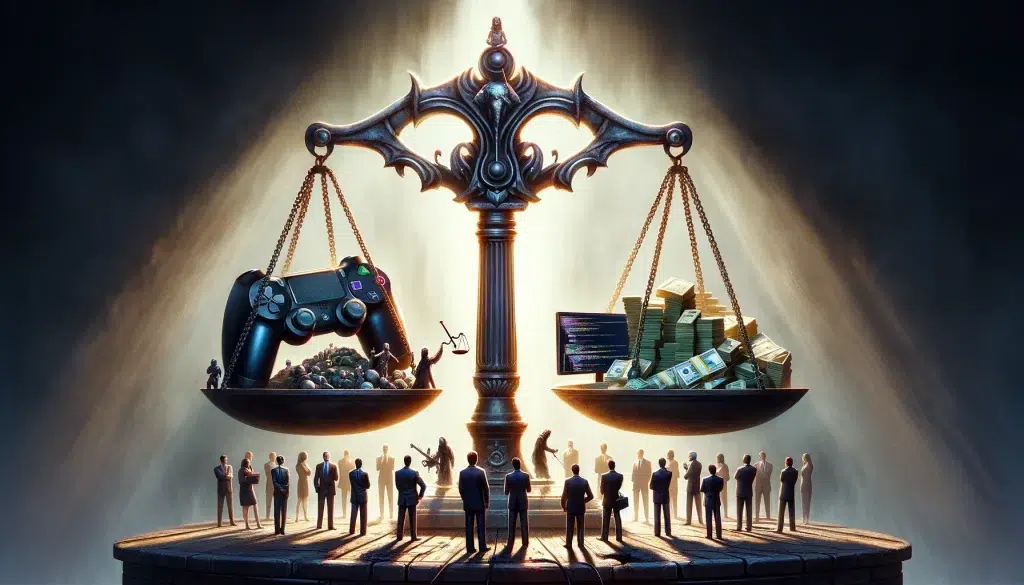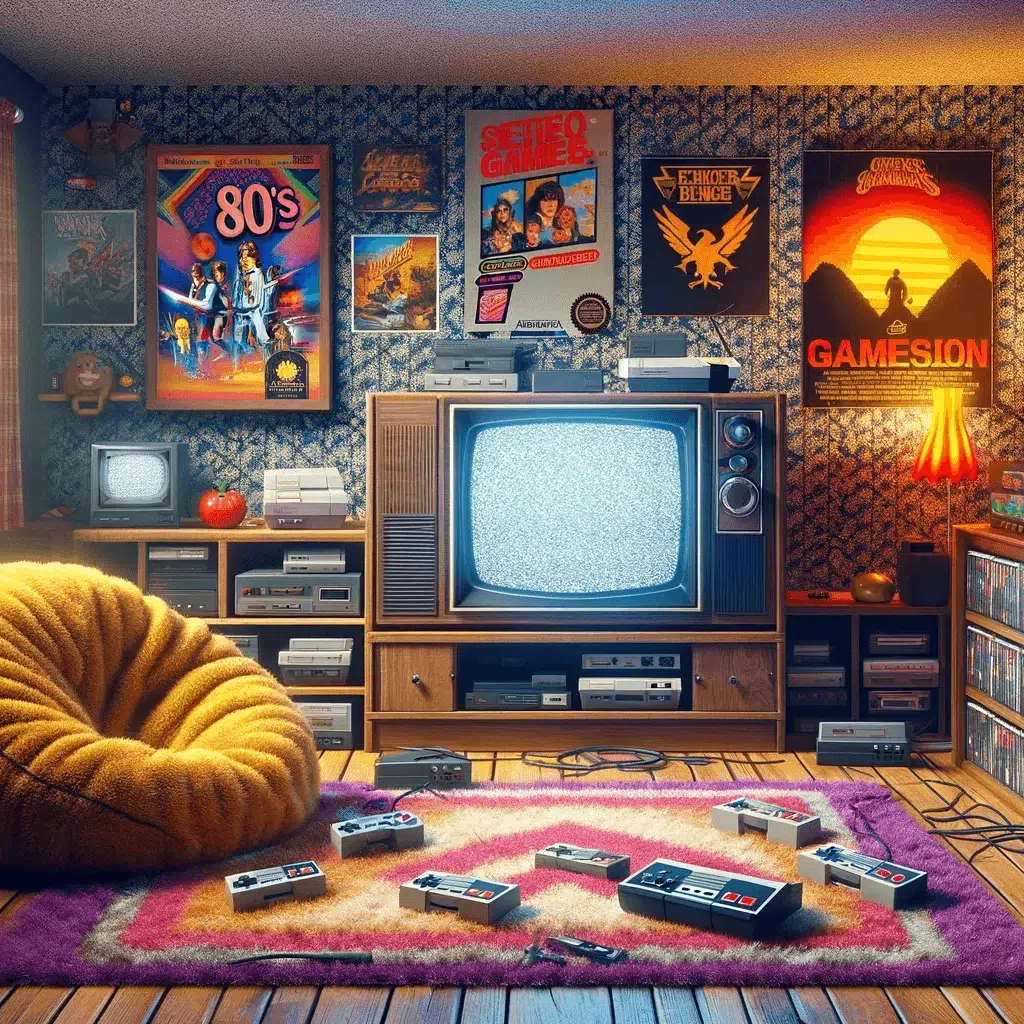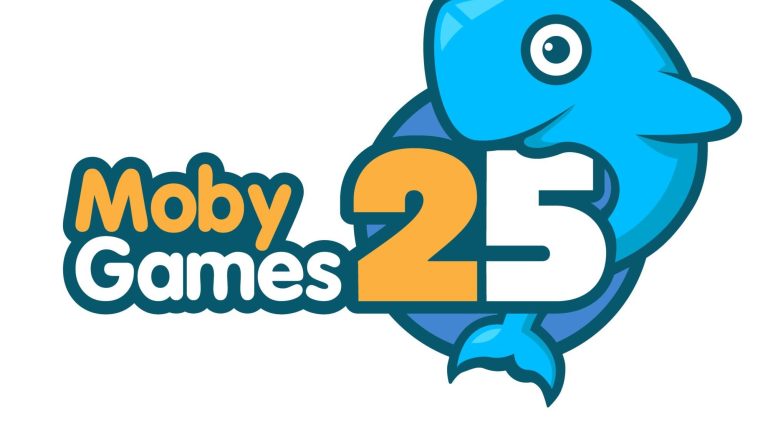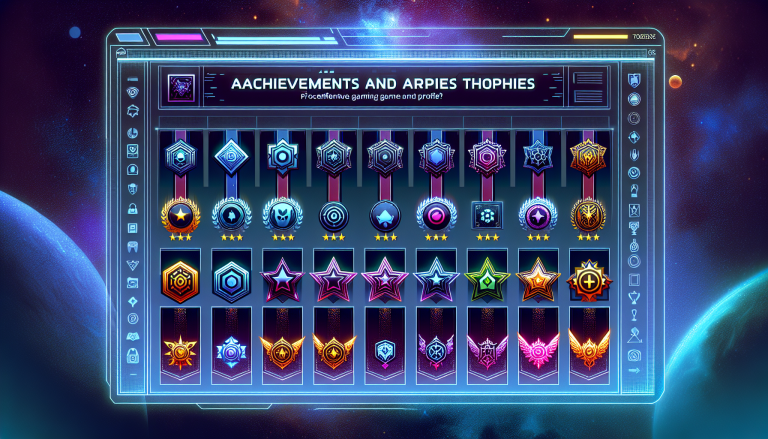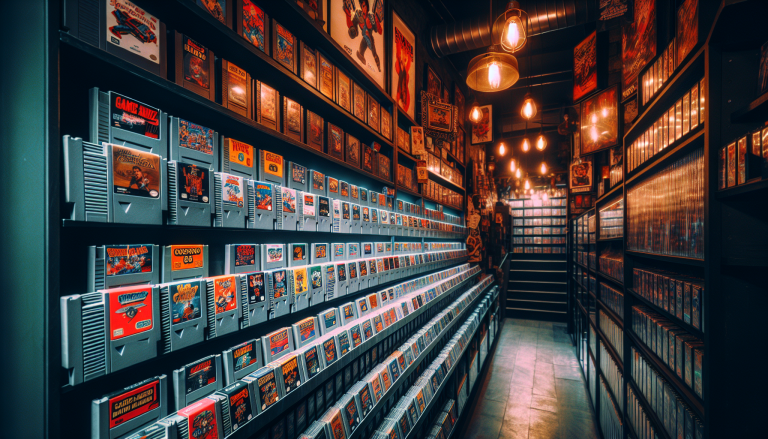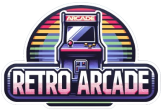The Significance of Preserving Digital Game History
If you’re a seasoned gamer, you might be familiar with the thrill of unboxing a new game, the anticipation of loading it up for the first time, and the sheer fun of delving into a new digital universe. However, have you ever paused to consider the importance of preserving these gaming experiences?
With technology evolving exponentially, it’s easy to take for granted the rich history of digital games. Yet, preserving this history is not only crucial for nostalgia’s sake, but it’s also vital for the future of game development and for appreciating our cultural heritage. So, let’s take a deeper look into the significance of preserving digital game history.
Chronicling Technological Progress
Games are the epitome of technological progress. They showcase the evolution of computing power, graphic design, and interactive storytelling. Preserving digital game history allows us to visually and interactively chart this progress, demonstrating how far we’ve come and sparking ideas for future advancements.
Cultural Significance
Just like books, films, and music, games are a reflection of our society and culture at the time they’re produced. They contain themes and narratives that can tell us a great deal about the era they were created in. By preserving these games, we’re essentially archiving pieces of our cultural history, making them accessible to future generations.
Education and Research
Did you know that preserved digital games are a treasure trove for researchers and educators? They provide opportunities to study various fields, including computer science, graphic design, and even sociology or psychology. Without preservation, these valuable resources for education and research could be lost forever.
Inspiration for Future Game Development
For game developers, having access to a library of past games can be a rich source of inspiration. It enables them to study successful designs, learn from past mistakes, and build upon previous ideas. This can lead to the creation of even more innovative and enjoyable games in the future.
Keeping the Player Community Alive
Lastly, preserving digital games helps keep the player community alive. It allows for the continuation of shared experiences, discussions, and fandoms around these games. It’s about keeping our collective gaming memories alive, allowing us to relive our favourite experiences and share them with others.
In conclusion, preserving digital game history is no trivial task. It’s about safeguarding our technological, cultural, and social heritage. So, the next time you boot up your favourite classic game, take a moment to appreciate the efforts that have gone into preserving these cherished digital artifacts.
Challenges in Preserving Digital Game Artifacts
Preserving digital game artifacts can be as challenging as a high-scoring round of Pac-Man. The digital world is complex and ever-changing, and there are unique obstacles to ensuring that the games we love remain accessible for future generations.
Data Decay and Technological Obsolescence
The first major challenge we come across is data decay. Over time, digital data can deteriorate or become unreadable, just like physical artifacts. Moreover, technological obsolescence is a significant hurdle, as newer devices and software may not support older games. Remember the time you tried to play your favorite childhood game only to find that it doesn’t work on your latest device? That’s technological obsolescence in action.
Legal Implications
On the legal front, the waters are equally murky. Copyright laws can hinder the preservation of games, especially when a game’s intellectual property rights are undefined, divided among multiple parties, or locked behind a corporate wall. It’s a classic case of the law not catching up with technology, with the players and preservationists often caught in the middle.
Resource Constraints
Let’s not forget that preserving digital game artifacts is a resource-intensive task. It requires significant computational power and storage space to save every bit of data related to a game. This includes not only the game’s executable files but also patches, mods, online functionality, and even player interactions. And guess what, it all costs money! But here’s the catch-22 – games that were commercially unsuccessful are also historically valuable, yet they’re the least likely to attract the funding necessary for preservation.
Loss of Context
Finally, one of the most overlooked challenges in preserving digital game artifacts is the loss of context. Games are not just software; they’re a part of our culture and history. Simply preserving the game code doesn’t capture the experience of playing the game, the strategies players developed, or the communities that formed around them. It’s a bit like trying to understand a movie by only looking at the film reel. The challenge is finding a way to preserve the ephemeral aspects of gaming that were never coded into the game itself.
In the face of these challenges, we could throw our hands up in despair, or we could take up the joystick and face them head-on. After all, we’re gamers. We know how to tackle a challenge, don’t we?
Organizations and Communities Leading the Charge in Game Preservation
When it comes to preserving digital game history, several key organizations and communities are rising above the rest as true trailblazers. Their dedication and innovative approaches are helping to save this unique aspect of our cultural history for future generations.
The Video Game History Foundation
First up is the Video Game History Foundation. This nonprofit foundation is all about preserving, celebrating, and teaching the history of video games. They’re well-known for their extensive collection of game artifacts, which includes everything from game code to marketing materials. But what really sets them apart is their dedication to making this history accessible to everyone, through their ongoing digitization efforts.
The National Videogame Museum
Next, we have the National Videogame Museum in Frisco, Texas. This museum has a vast collection of game consoles, arcade machines, and various other game-related artifacts. They offer a fascinating glimpse into the evolution of the gaming industry and work tirelessly to preserve this history.
The Internet Archive
Let’s not forget the Internet Archive. This digital library and archive is home to a treasure trove of vintage games that can be played right in your browser! They are doing an incredible job of preserving playable versions of classic games, ensuring they’re not lost to time.
Game Preservation Communities
Besides these organizations, there are also numerous online communities dedicated to game preservation. Sites like Gamasutra, ROMhacking.net, and the Game Preservation subreddit provide platforms for individuals around the world to share their own preservation efforts and collaborate on larger projects. They represent a vibrant, global community of game preservation enthusiasts, each contributing to the collective effort in their own unique way.
Game preservation is no easy task, but these organizations and communities are leading the charge. Their dedication to preserving our digital game history ensures that future generations can enjoy these games and understand their impact on our culture and society.
Innovative Methods and Strategies in Digital Game History Preservation
In the dynamic world of digital game history preservation, it’s all about innovation and creativity. Fortunately, the community is just as enthusiastic and ingenious as the games they aim to protect. Let’s explore some of the trendsetting methods and strategies being used to preserve this important part of our cultural heritage.
Emulation
One of the well-recognized methods of game preservation is emulation. This involves the creation of a program that replicates the original gaming platform’s hardware in software form. Emulators enable enthusiasts to play classic games on modern systems, keeping those games accessible and alive.
Source Code Archiving
Source code archiving is another pivotal method in game preservation. The source code is the original program written by the game developers. By preserving it, future generations can understand how the game was designed and developed. More importantly, the game can be ported to new platforms, keeping it playable long after the original hardware has become obsolete.
Crowdsourced Preservation
A more communal approach to game preservation, crowdsourcing allows the general public to contribute. This can take many forms, such as donating games, sharing personal stories, or contributing time to digitize physical media. The collective effort makes the preservation process more manageable and enriches the history, as personal anecdotes and experiences are shared.
Preservation of Online Games
Preserving online games is a unique challenge due to their dependence on servers, which can shut down, leaving the game unplayable. Innovative methods like server emulation or game archaeology come into play here. The former involves recreating the server environment, while the latter involves diving deep into the game’s code to restore the gameplay without the original server.
In-game Photography
Finally, let’s not forget the artistic side of games! Recently, a unique method known as in-game photography is gaining popularity. This involves taking screenshots within the game to capture the creative and aesthetic elements. It’s a fun and interactive way to preserve the look and feel of games, keeping that sense of wonder and enjoyment alive.
The world of digital game preservation is a fascinating one, full of innovative methods and strategies. It’s a testament to the dedication and passion of the preservation community who are committed to protecting our digital gaming heritage for future generations. Remember, each one of us can contribute to this effort in our own ways, because every bit helps!
